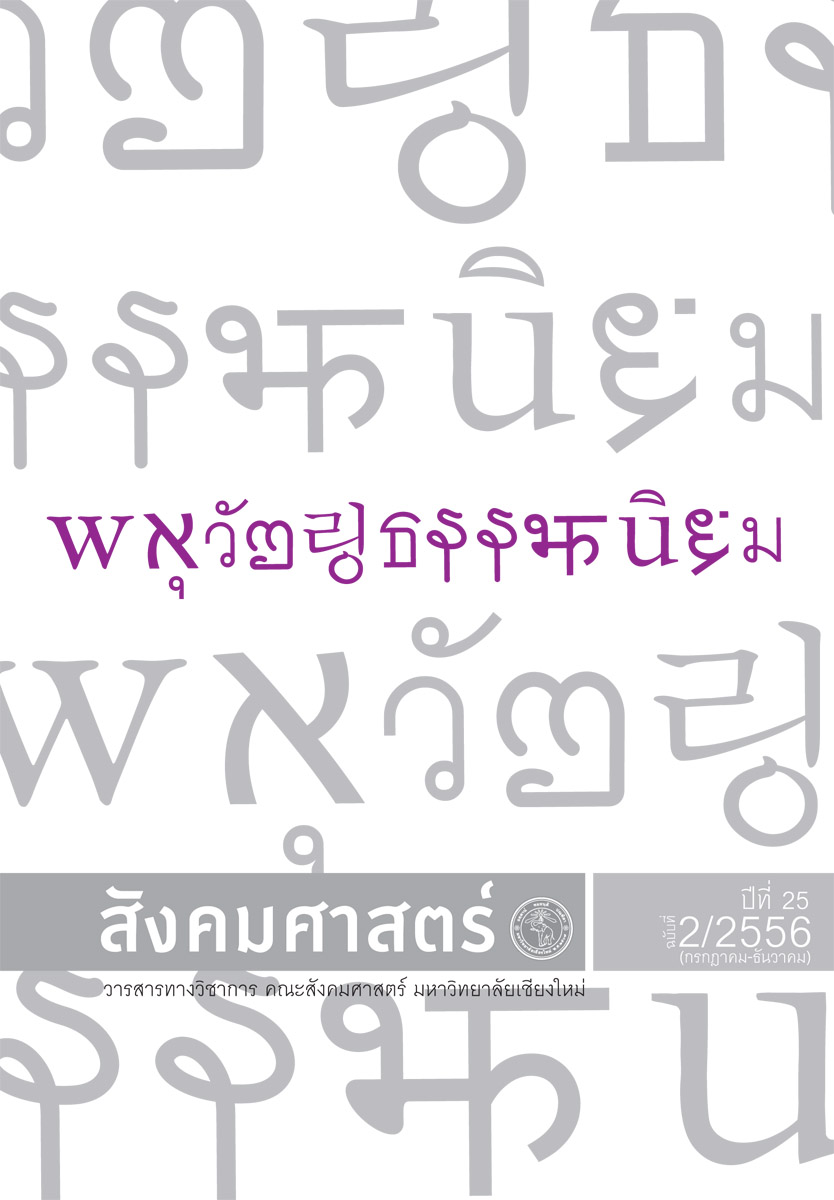Multiculturalism from Below: The Movement of the Network of Indigenous Peoples and Ethnic Groups in Thailand
Main Article Content
Abstract
Though Thai society comprises of multicultural and ethnic groups, and state government perceived such existence and civil movements for accomplishing their basic rights, Thai government has never had any clear and official policy regarding multiculturalism in Thailand. Instead, state government adopted the internal colonization ideology and policy on viewing local cultural and ethnic groups as “others” who had just recently immigrated or become citizens of Thailand and, importantly, are threaten to state’s security. State’s formation policy for Thai-ization has been used toward them. On one hand, the policy and implementations entailed the loss of local and ethnic identities. On the other hand, the consequences caused lessons for them to awake on protecting their basic rights and constructing new identities. Such movements has utilized and linked to the globalization context of international indigenous movements in other continents. Details in this article derived from key-informant interviews and observations of the author on ethnic and indigenous movements since 1990s, together with archival research. The author argues that the existence and development of the Network of Indigenous and Ethnic Groups in Thailand is part of the grass-root movement for multiculturalism in Thailand. The movement is not only for state government and mainstream society to recognize the existence of ethnic and cultural groups, but also to gain basic rights and respect on human dignity of diverse groups in the country as well. The movement of this network could be analyzed by taking the assemblage concept, on accomplishing the desire society of multiculturalism in all levels.
Article Details
All written articles published on Journal of Social Sciences is its author’s opinion which is not belonged to Faculty of Social Sciences, Chiang Mai University or is not in a responsibility of the journal’s editorial committee’s members.


